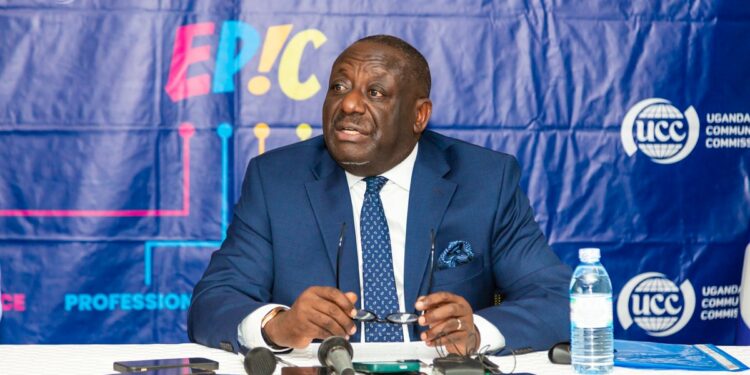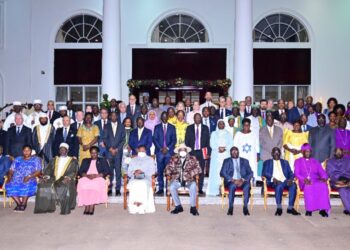The Uganda Communications Commission (UCC) has issued a stern reminder to all broadcasters to remain impartial and non-partisan during the ongoing electoral period, warning that failure to comply risks eroding public trust and breaching regulatory standards.
In a public notice released this week, the regulator emphasized that while broadcasters play a critical role in shaping public opinion, many have increasingly been perceived as partisan—an issue that undermines the accuracy, independence, and credibility of the media.
“Some broadcasters are being perceived as partisan, which is increasingly eroding public confidence and trust in the accuracy, objectivity, and independence of programs and reports,” the Commission stated.
The UCC highlighted several areas of concern, including presenters and media practitioners who:
-
Publicly identify as candidates or prospective candidates for parliamentary or local government positions.
-
Hold official positions in political parties or campaign for political causes.
-
Engage in canvassing or publicly endorse candidates.
-
Use broadcast platforms to declare partisan electoral choices.
The Commission noted that some broadcasters have gone as far as denying airtime to certain candidates based on political affiliations, a practice it says violates the principles of fairness and access.
To curb such practices, UCC directed broadcasters to adopt clear editorial policies and codes of ethics that ensure impartiality. These policies, it added, should cover not only what is aired on traditional platforms but also how presenters conduct themselves on personal digital platforms, such as social media.
“Broadcasters should ensure that where the media practitioner is unable to adhere to the set standards and professional etiquette and evidence of seeking elective office, such media practitioners should be advised to step aside from their positions,” the notice reads, stressing that the aim is to minimize risks of bias and conflict of interest.
UCC further underscored its mandate, granted under the Uganda Communications Act of 2013 and the Uganda Communications (Content) Regulations of 2019, to regulate, license, and monitor broadcasting standards. These measures are meant to safeguard the public against harmful, illegal, or distasteful communication services.
The Commission urged media houses to take the reminder seriously, noting that impartiality and objectivity are essential for strengthening democratic processes and ensuring that citizens are well-informed as they head to the polls.
Do you have a story in your community or an opinion to share with us: Email us at editorial@watchdoguganda.com














